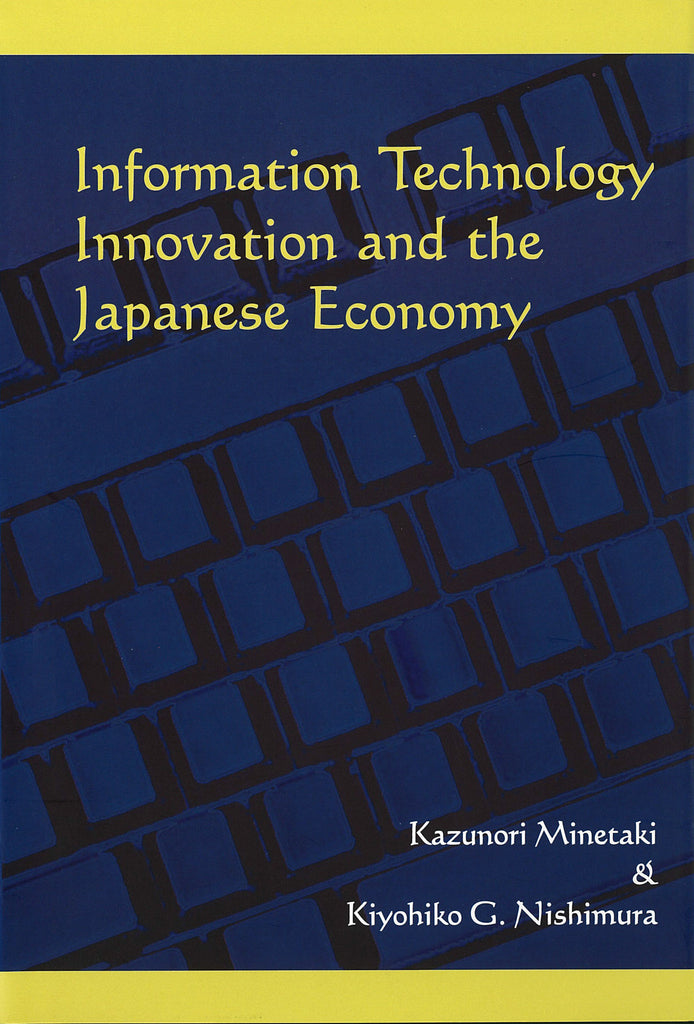Information Technology Innovation and the Japanese Economy
$48.00 SGD
The notion that innovation in information technology could spark a revitalization of the Japanese economy became a hot topic in 2000, and the Japanese government announced an e-Japan Strategy for creating a"knowledge emergent society"in January 2001. However, just went a consensus seemed to be emerging regarding the importance of IT innovation in Japan, the country's IT industries were deeply influenced by a recession that originated in the U.S. Although economic conditions have improved, strong, IT-driven economic growth in Japan has not bounced back.
Using a newly constructed set of data, this book examines how the Japanese economy has been affected by advances in information and communications technology, and whether Japan's experience with IT advancement was a short-lived bubble or is part of a truly revolutionary change in the Japanese economy that will lead to long-term growth. The authors discuss similarities and differences between Japan's experience with IT innovation and that of the United States, where IT is thought to have played a major role in stimulating the economy.
Kazunori MINETAKI is Visiting Associate Professor in the Department of Quality and Safety, Tokyo Medical University, Senior Research Associate at the Research Institute of Socio Network Strategies, Kansai University, and Special Researcher at the Institute for Information and Communications Policy at the Ministry of Internal Affairs and Communications, Japan. He won the 10th Okawa Publications Prize in 2001.
Kiyohiko G. NISHIMURA is Deputy Governor of the Bank of Japan. A member of the Faculty of Economicss at the University of Tokyo from 1983-2005, he was an Executive Research Fellow at the Economic and Social Research Institute of the Government of Japan Cabinet Office between 2003 and 2005, and then became a Member of the Policy Board of the Bank of Japan. His research interests extend from economic theory (mathematical economics and the microeconomic foundation of macroeconomics) to management studies, with a focus on real estate markets and the e-business of automobile distribution. His English monograph on the microeconomic foundation of macroeconomics received the Nikkei Prize, and his books in Japanese have won the Japan Economist Prize and the Japan Assocation of Real Estate Sciences Prize. In 1998, he was awarded the Japanese Economic Association's Nakahara Prize for outstanding contributions to mathematical economics and economic theory.
Publication Year: 2010
248 pages, 229mm x 153mm
ISBN: 978-9971-69-498-2, Paperback
NUS Press

